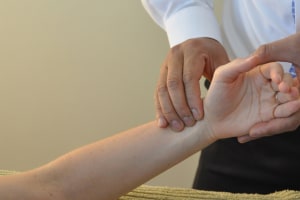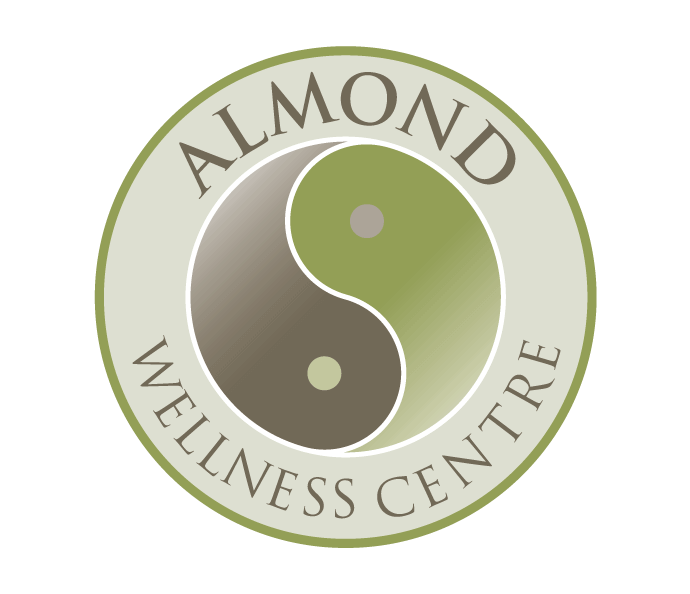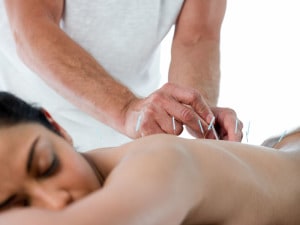First Visit - What To Expect?
What to expect on your first visit at acupuncture Chinese medicine Melbourne?Alright, if you’re stepping into the acupuncture Chinese medicine clinics at Almond Wellness Centre in Melbourne for the first time, get ready for a ride! Here’s the lowdown on what usually goes down during your debut visit:
Consultation
You start off with a good ol’ chat with your practitioner. We want the deets on your medical history, current health concerns, lifestyle, and any specific symptoms you may be experiencing. The aim? To understand your overall health and come up with a game plan just for you.
Your acupuncturist or Chinese medicine pro will likely throw a bunch of questions your way:
Medical history
We’ll dig into your past and present medical conditions, surgeries, injuries, and any chronic stuff. Oh, and don’t forget the lowdown on the meds you’re taking or have taken.
Family history
Now, they’re getting a bit nosy about your family – specifically, their medical history. Turns out, certain health things might run in the genes.
Chief complaints
Your main health concerns and symptoms take the spotlight. How long you’ve been dealing with them, how intense they get, and what seems to make them better or worse. It’s all about getting to the nitty-gritty of what you’re experiencing.
Diagnoses and treatments
If you have been diagnosed or have any treatment for your complaints, we will want to know about it.
General health
It’s like a health checkup on all fronts – appetite, digestion, bathroom adventures, sleep quality, emotional state, energy levels, and more. For the ladies, they’ll dive into the details of your menstrual cycle, pregnancy history, and labor tales. It’s all to get the vibe of your body’s overall balance.
Lifestyle
We’re curious about your daily habits and lifestyle choices. What’s on your plate, your history with smokes and drinks, your workout routine – spill it all.
Environmental factors
Living and working conditions, any run-ins with toxins, and life changes get thrown into the mix. Turns out, your surroundings play a part in the health story.
Remember, keeping it real and open during this chat sets the stage for the best care and outcomes. The more we know, the better we can craft a plan just for you. It’s like the groundwork for a treatment plan that’s as unique as you are.
Examination
When it comes to checking things out, your practitioner gets hands-on to understand what’s going on in your body’s energy flow (Qi).
Physical testing
This might mean some specific tests to figure out what’s up with you. Back pain or sciatica? We might lift your leg to see how your nerves are doing (Straight Leg Raising Test). Shoulder acting up? We’ll do Painful Arc Test for rotator cuff issues. Plus, we might poke around your belly to suss out anything digestive.
Pulse diagnosis
Feeling your pulse isn’t just about checking your heart rate. It’s a whole TCM vibe. We take your pulse on both wrists and decode its language – rate, rhythm, depth, width, and strength. It’s like feeling the flow of energy in your body’s highways, and each pulse quality tells a story about imbalances or blockages in the body.

Chinese medicine pulse diagnosis
Tongue inspection
Yep, your tongue has a role too. We’re not judging your taste buds but checking the colour, shape, coating, and moisture of your tongue. It’s like a sneak peek into what’s happening inside – different tongue vibes, different organ stories.
Eyes and face observations
Eyes and face can reveal health clues too. We’re looking at eye colour, brightness, your general face vibe – it’s all in the mix to get a feel for your health. It’s like the detective work to round out the whole picture.
Diagnosis
Now, let’s talk about the game plan post-diagnosis. Your practitioner, armed with the insights from the gathered info, crafts a one-of-a-kind Chinese medicine Pattern Diagnosis. We’re all about spotting imbalances and disharmonies in your body’s energy systems rather than honing in on specific diseases.
Chinese medicine treatment
Based on this pattern diagnosis, we might suggest a tailored treatment plan. Brace yourself for a mix of therapies, each playing its role in the symphony of healing:
1. Acupuncture
Picture this: you’re comfortably lying on a treatment table for acupuncture. The magic happens when thin, sterile needles find their way to specific acupuncture points, promoting Qi flow and sparking that healing mojo.
Sensations: You might feel a tingling, warmth, or slight heaviness around the acupuncture points – all good signs of Qi activation.
Relaxation: When needles are in place, you’ll be encouraged to relax for around 15-30 minutes. Some even find it so soothing they drift into nap territory.
2. Acupressure
Similar vibes to acupuncture, but without needles. Pressure on specific acupuncture points using fingers, palms, elbows, or other tools. It’s like acupuncture’s non-needly cousin, great for pain relief and stress.
3. Cupping therapy
Enter the cups – creating a suction party on your skin. This therapy aims to boost blood circulation, release muscle tension, and amp up the healing vibes. It’s the go-to for musculoskeletal and respiratory issues, and a bonus for relaxation.
4. Chinese herbal medicine
Nature’s remedy stash comes into play. Roots, leaves, flowers, minerals – all in a customised herbal formula tailored to your pattern diagnosis. Pick your potion – raw herbs, herbal granules, pills, capsules, or even creams and ointments for external use.
5. Other therapies
Depending on your needs, we might throw in extras like moxibustion, Gua Sha, or Tui Na – each with its unique touch.
Duration of consultation and treatment
First session
Plan for around one hour, maybe a bit more in more complicated cases.
Subsequent visits
Acupuncture sessions typically hover around 30-40 minutes, while Combination Treatments clock in at a cozy 60 minutes or more.
Follow-up recommendations
Expect some homework – physical exercises, Qigong or breathing exercises, and maybe a sprinkle of dietary and lifestyle advice.
Communication
Keep the chatter flowing during the session. Share the sensations you feel or any concerns with your practitioner.
Increasing acupuncture effect:
Follow these laid-back but essential tips for a smooth and effective acupuncture session:
Be punctual
Time is the essence. Arrive on time or give us a heads up if plans change.
If need reschedule, kindly provide at least 24 hours’ notice so that others can be accommodated.
Avoid heavy meals or empty stomach
Keep things light an hour before. It’s best not to have acupuncture on an empty stomach either.
Limit intense physical activity
Chill out on the heavy workouts an hour before the session and, for the rest of the day after acupuncture – your body will thank you.
Silence Your Phone
Let’s keep the vibe zen – phone on silent mode, please.
Wear Comfortable Clothing
Loose and comfy attire is the way to go. Pockets empty, and you’re set.
Practice Breath Exercises
Dr. Richard Zeng‘s breath exercises are worth a shot. They improve the Qi flow, making your session even more beneficial.
Consider learning and practicing s breath exercises. These exercises can help improve the flow of Qi or energy in your body, contributing to a more beneficial treatment experience.

